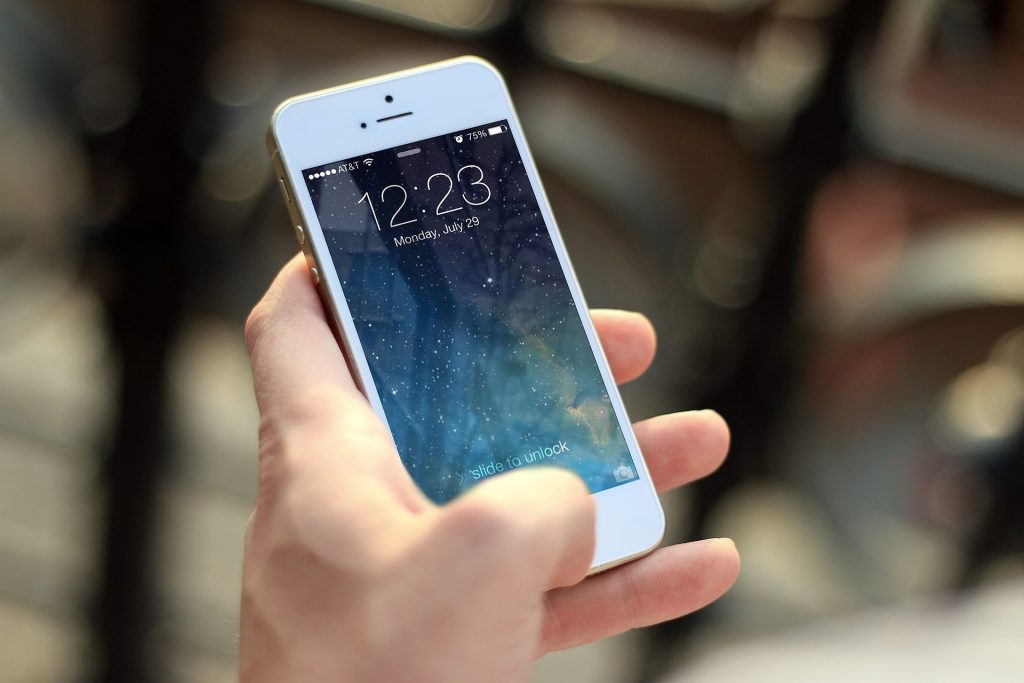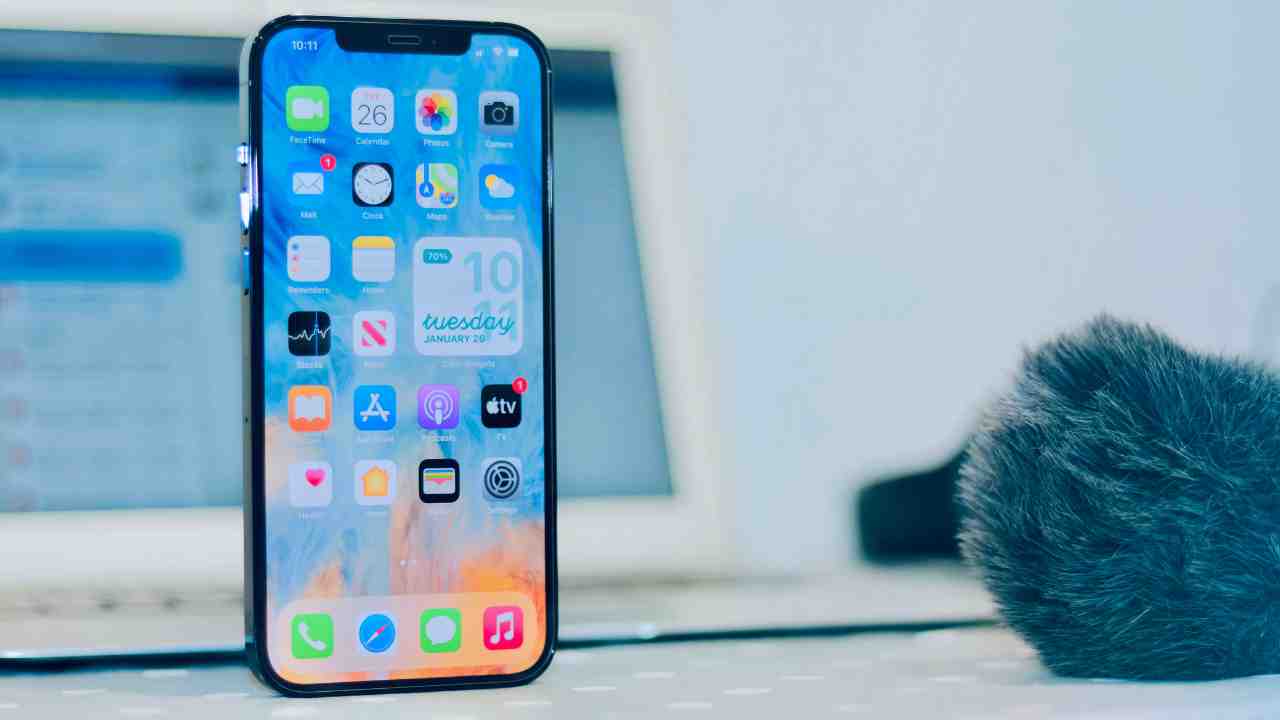
The iPhone, first introduced in 2007 by Apple Inc., has had a profound impact on the smartphone industry and consumer behavior. Its sleek design, user-friendly interface, and constant innovation have set the standard for other manufacturers to follow.
As of 2021, there are over 1.2 billion iPhone users worldwide, with a significant portion of them located in the United States, where approximately 118.1 million individuals use an iPhone.
In terms of global market share, iPhones hold an 18% share of the market and an even larger 46.9% share of the market in the United States. Additionally, in 2021 alone, Apple shipped 237.9 million iPhones to customers worldwide.
In this article, we will explore the ways in which the iPhone has shaped the smartphone industry and changed the way consumers interact with and think about their mobile devices.
The Change
The iPhone’s release in 2007 marked a significant shift in the smartphone market. Prior to its introduction, smartphones were primarily used by business professionals and technology enthusiasts. The iPhone, however, was designed with the consumer in mind and made smartphones accessible to a much wider audience.
Its intuitive interface and revolutionary touchscreen technology made it easy for users to navigate and interact with their devices. This, in turn, led to an increase in consumer demand for smartphones, and other manufacturers were forced to adapt and improve their own products to stay competitive.
The Marketing Shift
The iPhone’s success also led to a shift in the way smartphones were marketed and sold. Prior to the iPhone, smartphones were often sold through wireless carriers and bundled with service plans. The iPhone, however, was sold directly through Apple’s retail stores and online, with carriers offering it on contract. This shift in sales strategy allowed Apple to have more control over the pricing and marketing of their product, and it also gave consumers more options for purchasing and using their devices.
The Innovation
Another way in which the iPhone has impacted the smartphone industry is through its constant innovation. Apple is known for regularly releasing new models and updates of the iPhone, each with improved features and capabilities. This has led to a culture of constant upgrading among consumers, who are often eager to purchase the latest and greatest model. This, in turn, has led to a shorter product life cycle for smartphones and a focus on constant innovation from other manufacturers.
The Shift In Utility
The iPhone has also changed the way consumers interact with and think about their mobile devices. Prior to the iPhone, mobile phones were primarily used for making calls and sending text messages. The iPhone, however, has expanded the capabilities of the mobile device and made it a multi-purpose tool.
With the ability to access the internet, send and receive an email, take photos and videos, and download apps, the iPhone has enabled consumers to do almost anything from their mobile devices. This has led to a shift in consumer behavior, with many relying on smartphones for various tasks and activities. If you also want to witness the difference, visit here and buy yourself one.
The Revolution In App Market
The iPhone has also had a significant impact on the mobile app market. The introduction of the App Store in 2008 made it easy for developers to create and distribute apps for the iPhone, leading to a surge in the number of available apps.
This, in turn, has led to a shift in consumer behavior, with many relying on mobile apps for various tasks and activities. Today, there are more than 2 million apps available on the App Store, with more than 200 billion downloads.
The Change In Mobile Commerce Market
The iPhone has also had a significant impact on the mobile commerce market. The ability to easily access the internet and make purchases from a mobile device has led to a surge in mobile commerce. This, in turn, has led to a shift in consumer behavior, with many relying on their mobile devices to make purchases. Today, mobile commerce accounts for more than 43 percent of all e-commerce sales, and this number is expected to continue to grow.
In conclusion, the iPhone has had a profound impact on the smartphone industry and consumer behavior. Its sleek design, user-friendly interface, and constant innovation have set the standard for other manufacturers to follow. The iPhone has changed the way consumers interact with and think about their mobile devices, leading to a shift in consumer behavior and the rise of mobile commerce.







